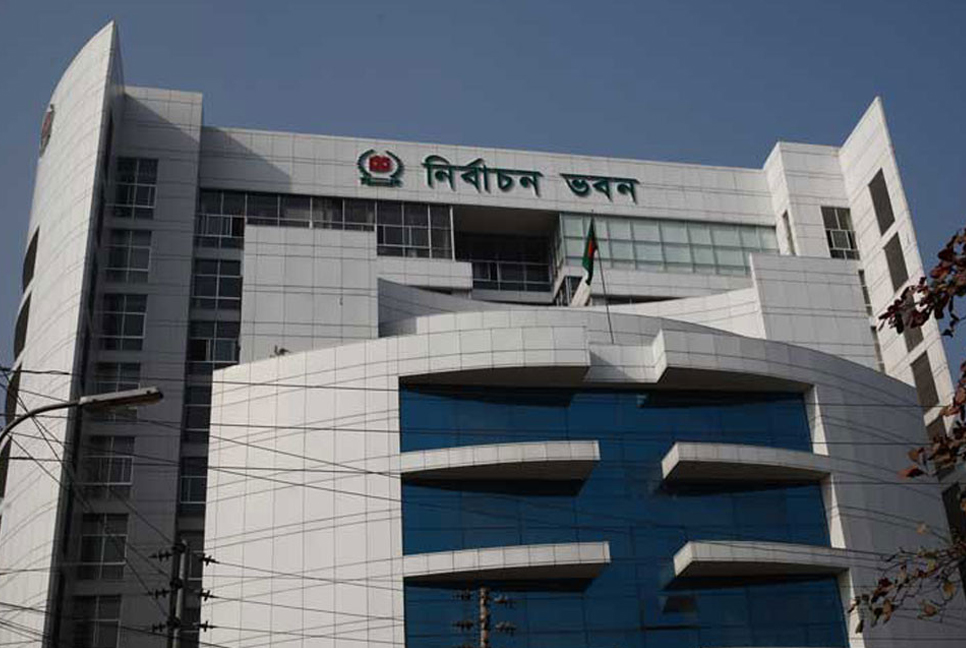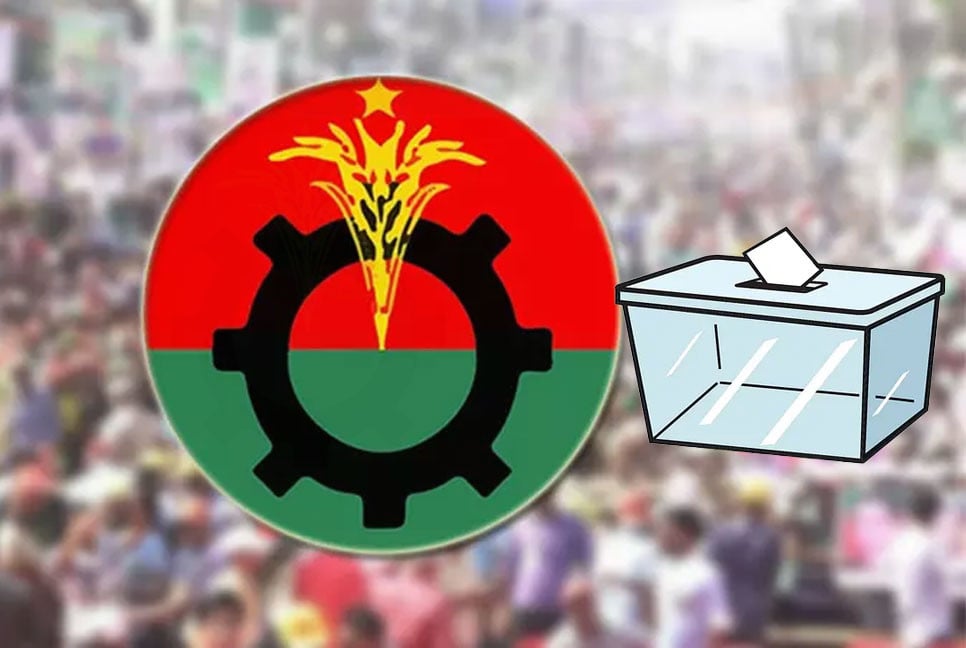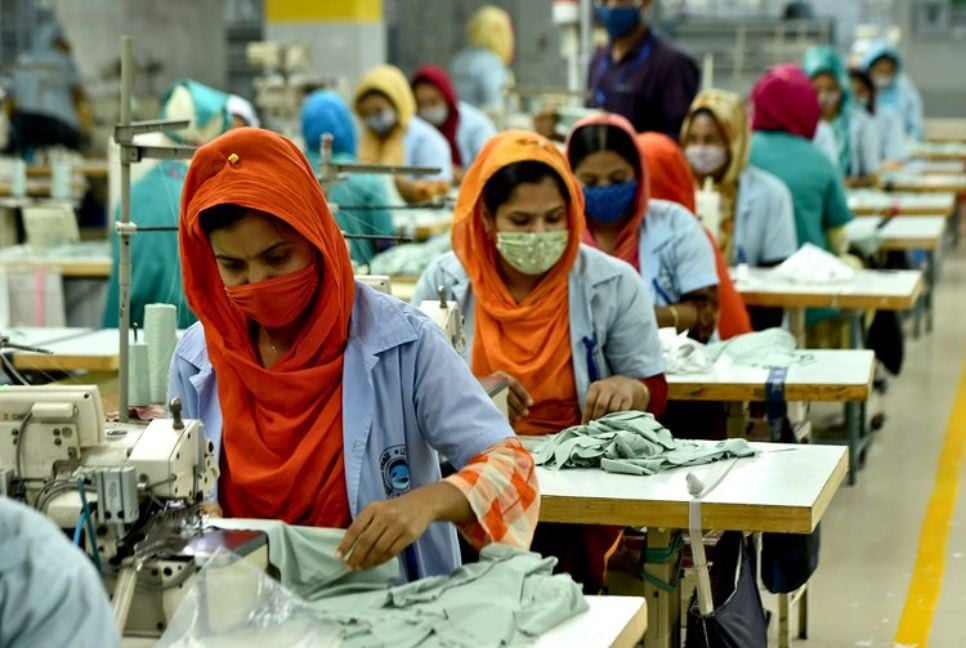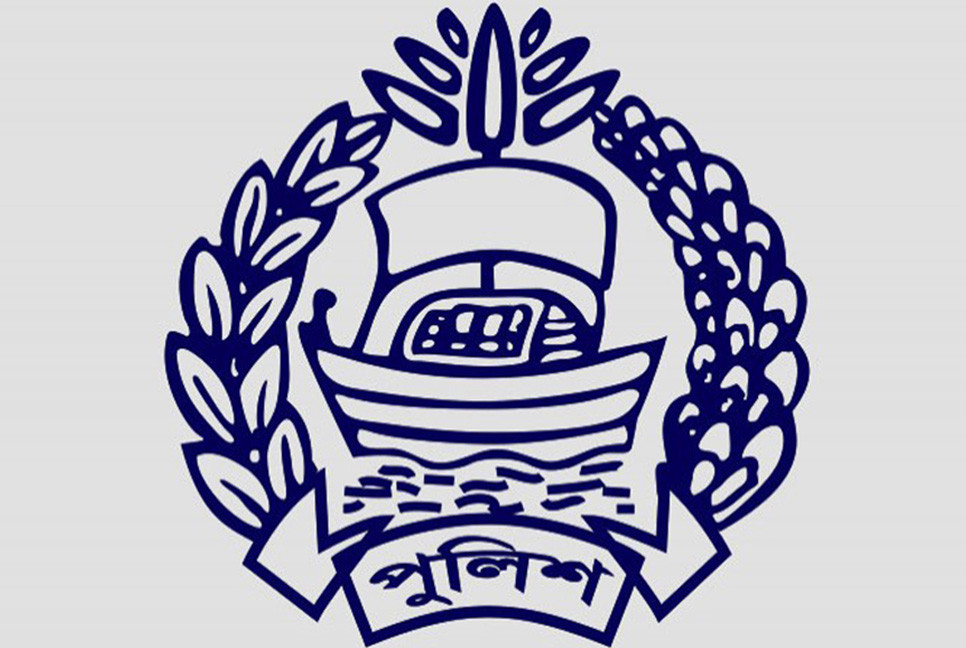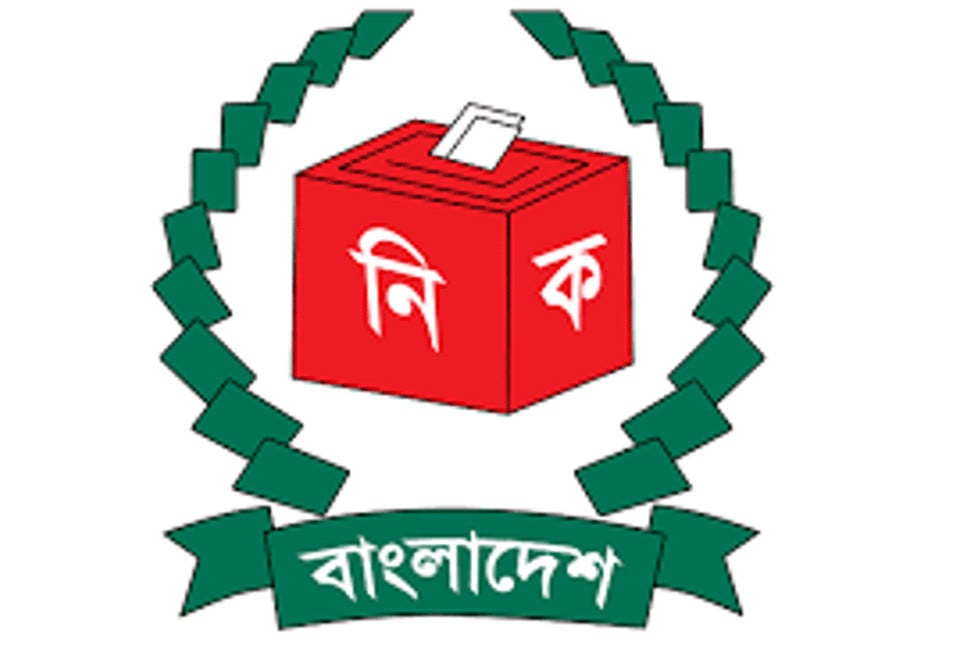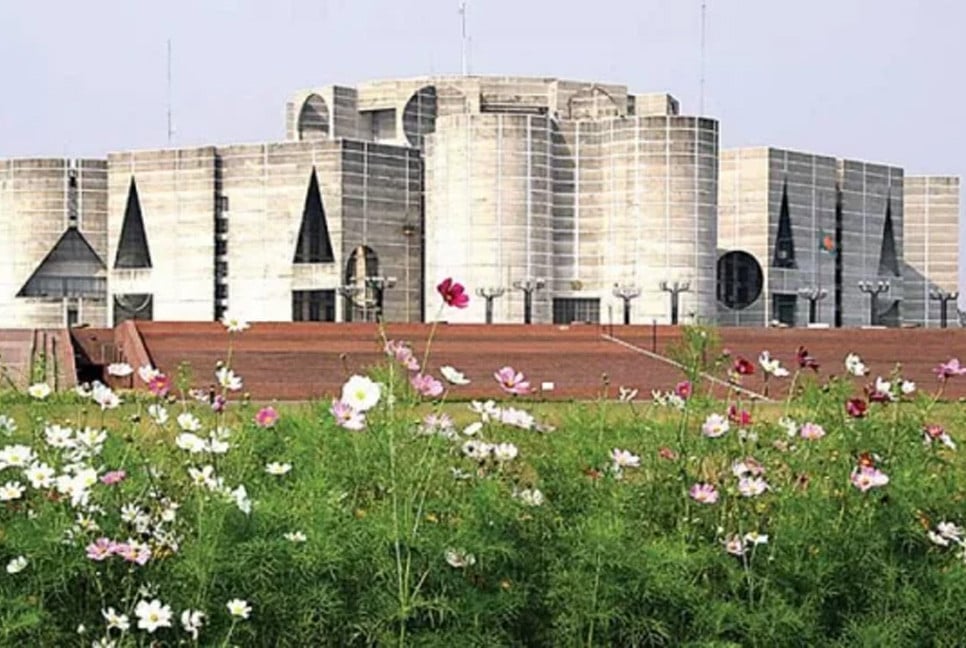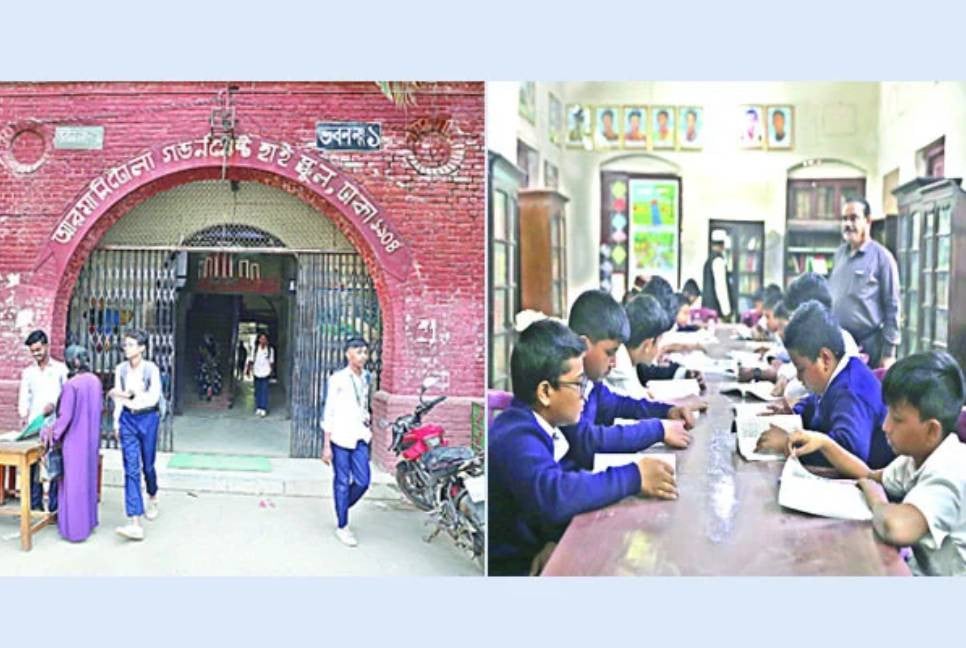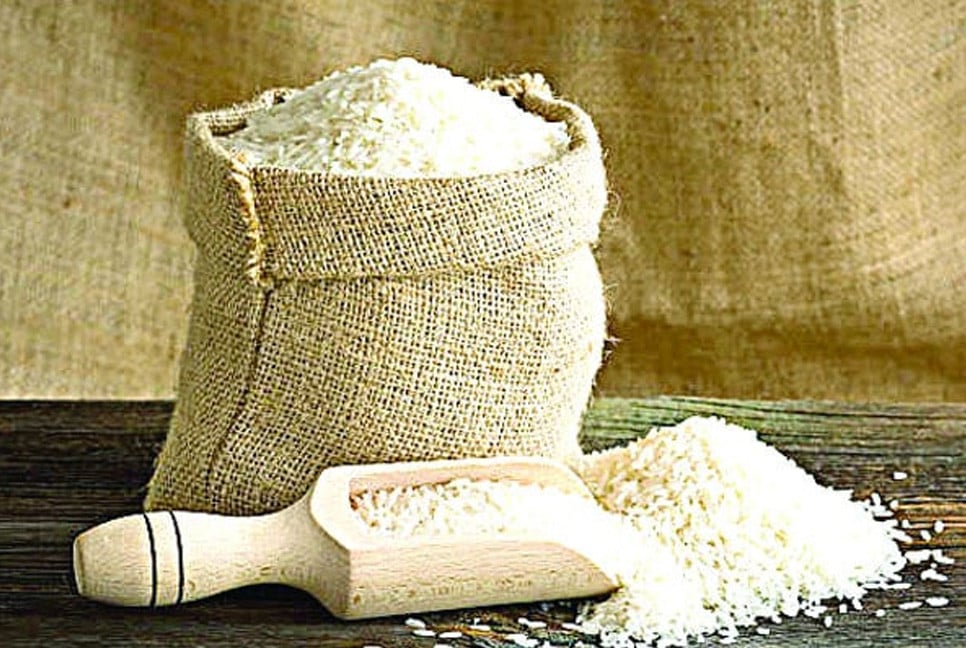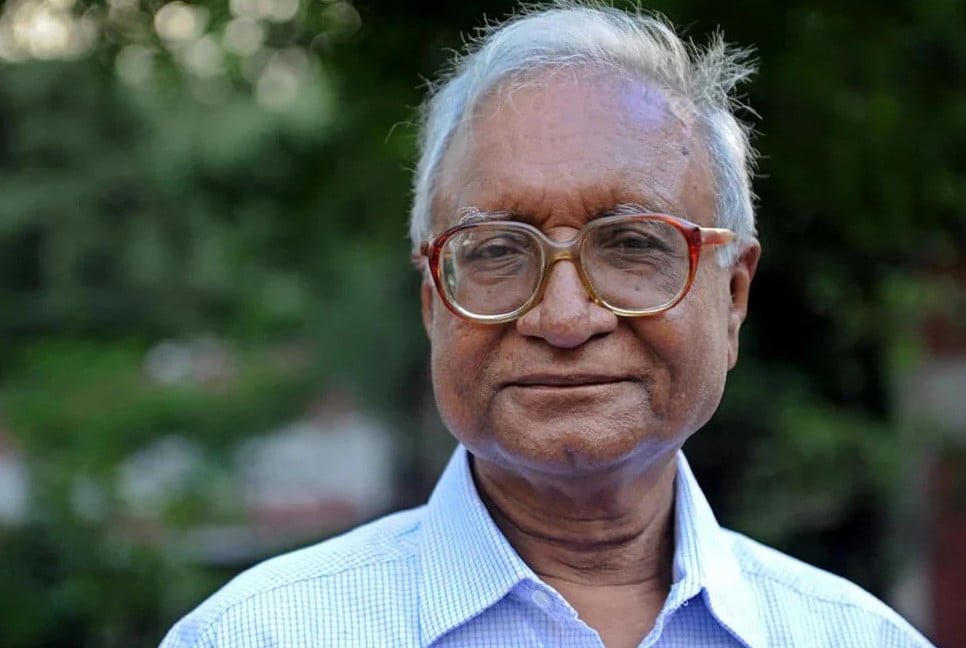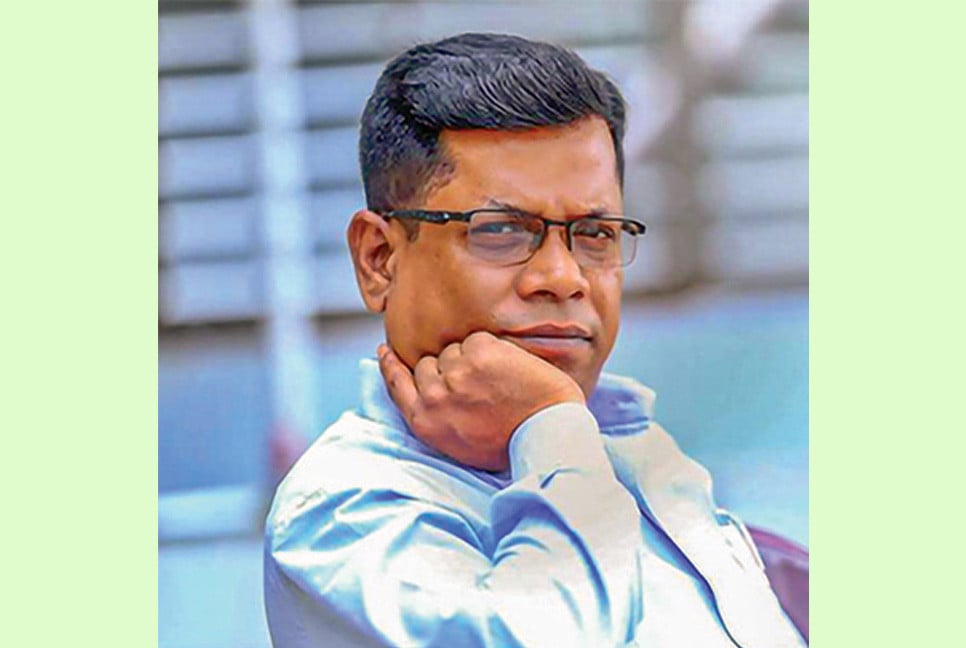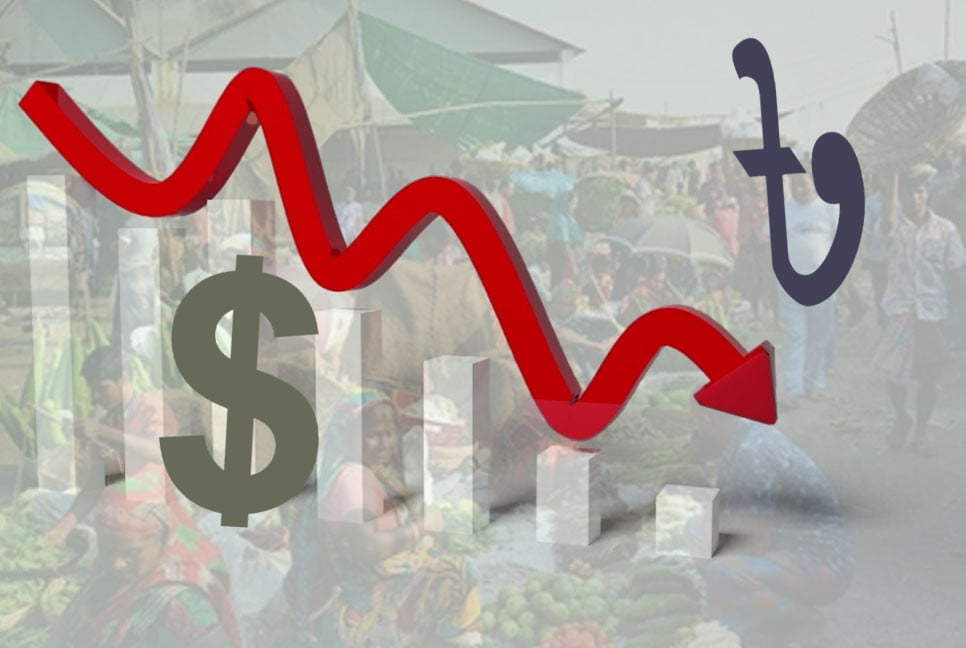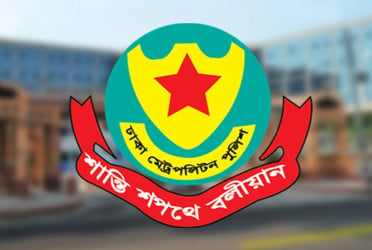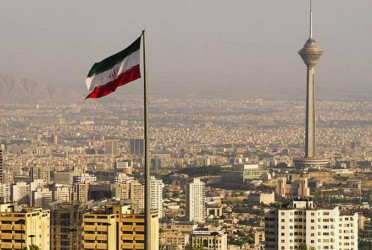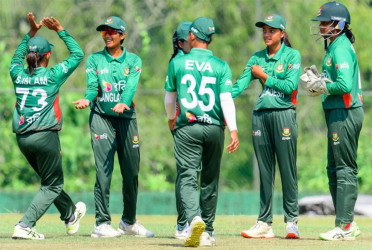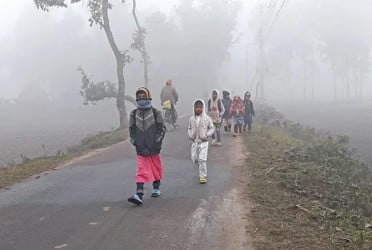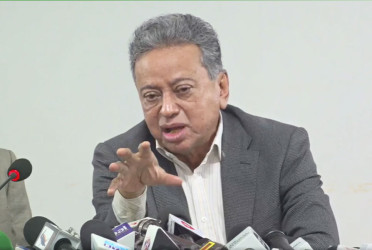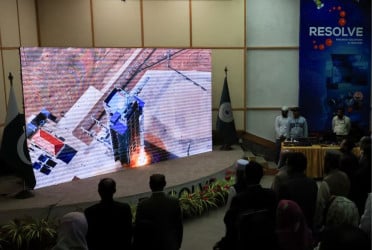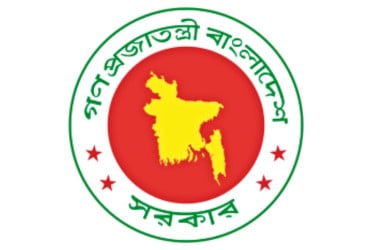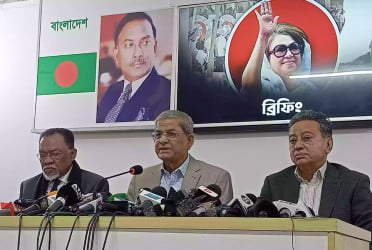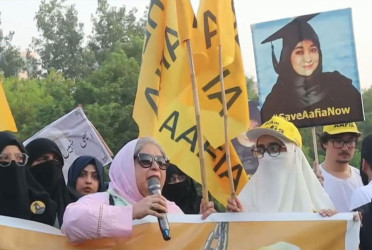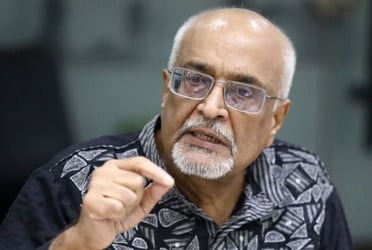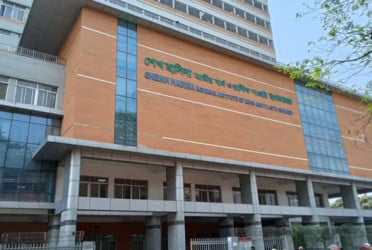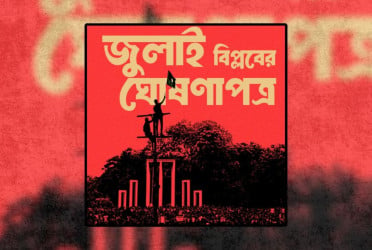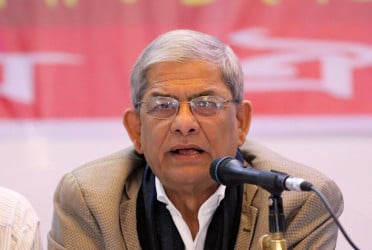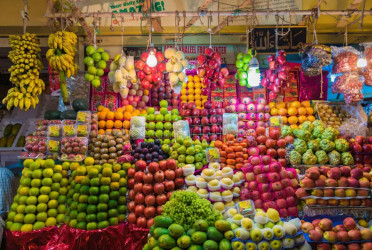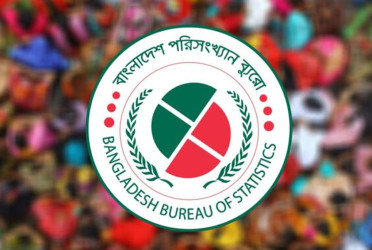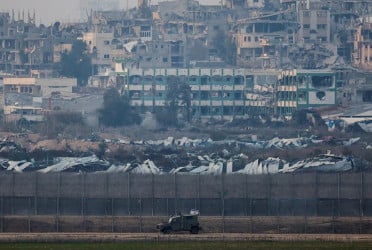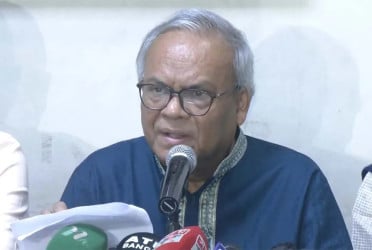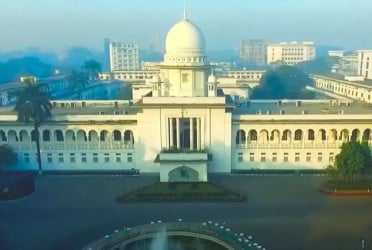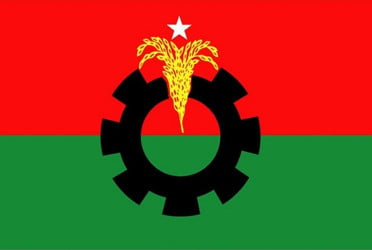The Election Commission (EC) has started the purchase of the upcoming 12th National Parliament and upazila parishad elections, already about 700 tons of paper has been ordered to print the ballot paper for the two elections and because of the defects in about 40-45 thousand of the 150,000 electronic voting machines (EVM) EC has started collection of ballot papers.
Preparations are being made to vote on ballot papers along with EVMs in the upcoming five city elections. The EC has started shopping as part of preparations for parliamentary elections in December this year or January next year.
According to a source from the EC, commission has planned to complete the purchase of necessary materials including ballot papers for the parliament and upazila elections between May-June and November. At present, EC has written to state-owned Karnaphuli Paper Mill (KPM) for about 700 tonnes of paper due to shortage of raw materials.
Apart from parliamentary elections, three-color paper is required for printing ballot papers in upazila-city elections. Ballot paper is usually printed with yellow, blue and pink colored paper. Karnaphuli Paper Mill will supply colored paper as per EC demand in the middle of this year.
On the other hand, along with the purchase of election ballot papers, the purchase of other necessary materials is also going on.
Election materials include- ballot papers, stamp pads, official seals, marking seals, brass seals, red cheeks, mango wood packing boxes, indelible ink, various forms, packets, needle-thread, envelopes, candles.
Already, the initial process of purchasing these electoral materials is going on in the commission. An EC official said that the necessary materials for voting in the election are indelible ink pen, ballot box seal, stamp pad, red sealing wax, official seal, marking seal and brush seal.
12th parliamentary elections will be held in December this year or early January next year. So the process of buying election materials has already started. These materials will also be used in the Sixth Upazila Parishad elections.
Officials of the EC Management Branch said that stamp pads will be purchased at around 6.5 lakhs, red sealing wax at around 18, 000 kilograms, official seals at around 6 lakhs, marking seals at around 12 lakhs, and brush seals at over 1 lakhs. And the commission will buy about 7 lakh indelible ink pens and about 35 lakh ballot box seals.
General Manager of Karnaphuli Paper Mill (KPM) told the media on Sunday, “Paper will be given to the EC on time as per demand for use as ballot paper in the national elections. There is still a lot of time left for the election. We can provide EC papers on demand ahead of schedule. Three colors of paper are required for printing ballot papers in elections. Ballot paper is usually printed with yellow, blue and pink colored paper.”
“Karnaphuli Paper Mill will supply colored paper as per EC demand this year. Around tk 2000 crore may be needed for the 12th National Assembly elections, upazila elections and five city elections,” he added.
EC allocates expenses in two sectors in law and order and election management. Officials of the EC Secretariat said that a significant part of the allocation in the election management sector will be spent on the remuneration of the polling officers and related parties, and the purchase of electoral materials.
Apart from this, ballot papers, various forms, packets, guidelines, manuals, monitoring cells, campaigning, construction of polling stations-polling stations, renovation of rooms, construction of polling station fences, purchase of polling station supplies, transportation expenses, dispatch of officials, cables, messengers, fuel etc. Money will also be spent on purchasing various electoral materials. Exchange of election results in office of returning officer, assistant returning officer, election tribunal and case management, fuel expenses of judicial and executive magistrates, travel expenses of assistant returning officers altogether there are at least 60-70 sectors in election management.
@The report was published in Bengali on print and online versions of The Bangladesh Pratidin on February 13 and rewritten in English by Tanvir Raihan.

